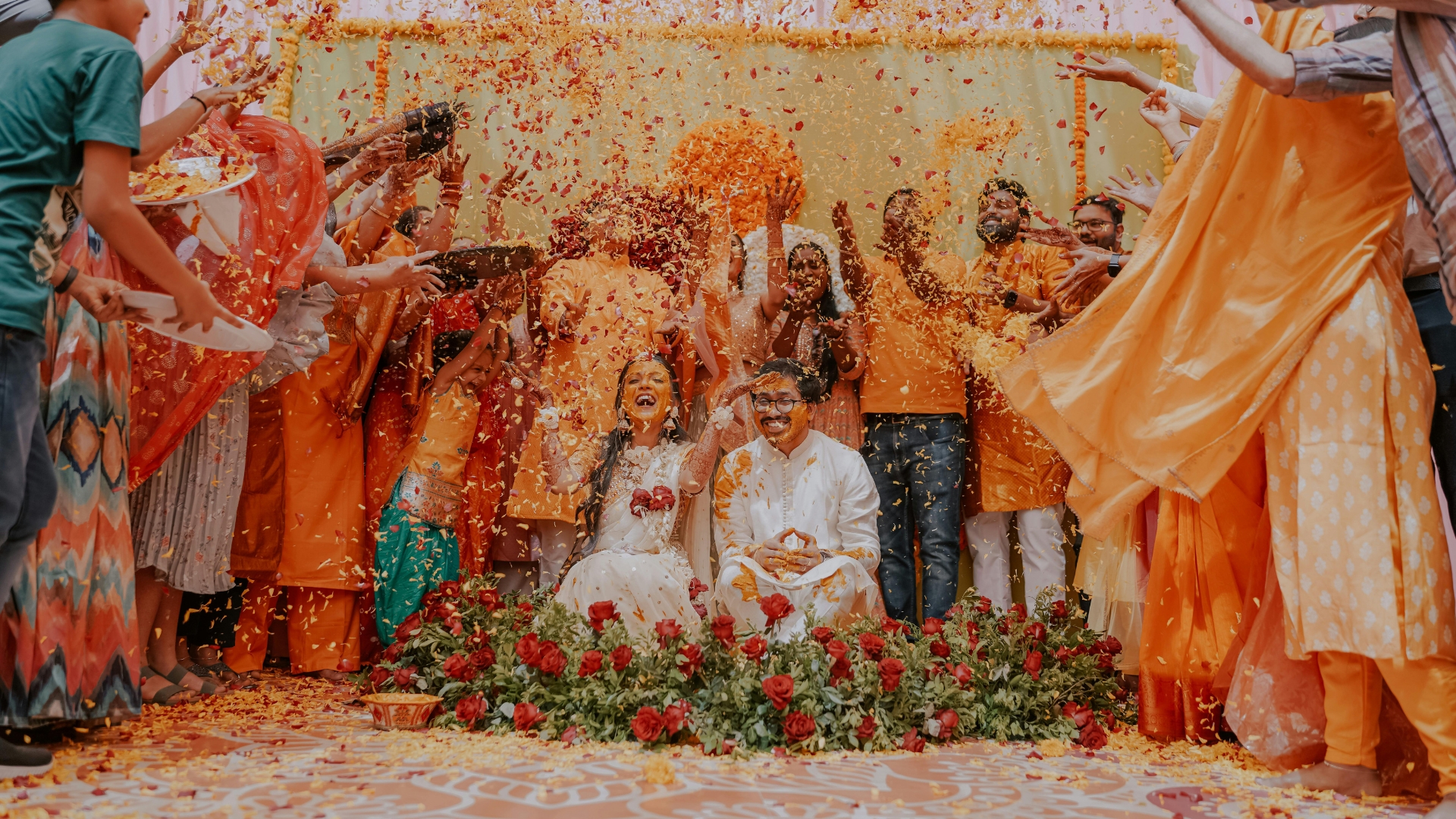Incorporating wedding customs into your ceremony can add depth and significance to your special day. Whether you’re honoring family traditions or exploring new customs, understanding and integrating these practices can make your wedding uniquely memorable. Here’s a guide to help you consider and incorporate various wedding customs.
1. Understand Cultural Traditions

Every culture has its own set of wedding traditions. Research customs from your heritage or the heritage of your partner to incorporate meaningful elements into your ceremony. This could include specific rituals, symbolic practices, or traditional attire. Embracing cultural traditions can honor your roots and create a richer wedding experience.
2. Incorporate Family Heirlooms
Using family heirlooms can add a personal touch to your wedding. Consider incorporating items such as a family wedding ring, a vintage veil, or a treasured piece of jewelry into your ceremony or reception. These items connect you to past generations and add sentimental value to your day.
3. Include Religious Ceremonies
If you follow a particular faith, consider including religious customs in your wedding. This might involve traditional prayers, blessings, or rituals specific to your religion. Including these elements can bring spiritual significance to your ceremony and reflect your beliefs.
4. Honor the Ring Exchange
The exchange of wedding rings is a universally recognized tradition. The rings symbolize eternal love and commitment. Customize this tradition by choosing rings that reflect your personal style, or by incorporating unique elements into your exchange, such as reciting personalized vows or using a special family ring.
5. Follow Regional Practices
Regional wedding customs can vary widely and offer unique touches to your ceremony. For instance, in some regions, it’s customary to have a wedding procession, while others may have special dances or songs. Explore practices from your area or regions significant to you and your partner.
6. Embrace the Unity Ceremony
Unity ceremonies are symbolic rituals performed during the wedding to represent the union of two individuals. Common unity ceremonies include the lighting of a unity candle, blending sand, or tying a knot. Choose a ceremony that resonates with you and your partner and reflects your commitment.
7. Personalize Your Vows
Writing personalized vows allows you to express your unique love story and promises to each other. Customizing your vows can make your ceremony more intimate and heartfelt. Spend time crafting vows that truly reflect your feelings and aspirations for your marriage.
8. Integrate Traditional Music and Dance
Music and dance play a significant role in many weddings. Incorporate traditional songs or dances that hold meaning for you or your partner. This could include a first dance song that’s meaningful, traditional folk dances, or cultural music played throughout the reception.
9. Consider Unique Reception Customs
Reception customs vary by culture and can include unique elements such as special toasts, games, or rituals. For example, some cultures have a traditional cake cutting ceremony, while others might include specific dances or blessings. Choose customs that will add joy and celebration to your reception.
10. Reflect on Personal Symbols
Incorporate personal symbols or elements that represent your journey as a couple. This could include a custom monogram, a special logo, or meaningful colors. Personal symbols can be used in décor, invitations, and other aspects of your wedding to make it uniquely yours.
11. Acknowledge Wedding Favors
Wedding favors are a way to thank your guests for celebrating with you. Consider incorporating traditional or culturally significant favors that reflect your heritage or personal tastes. Favors could include local treats, handcrafted items, or personalized keepsakes.
12. Plan for Special Traditions
If you and your partner have specific traditions or customs you want to include, make sure to plan for them. This could involve special rituals, ceremonies, or celebratory activities that are important to you. Ensure these traditions are communicated to your officiant and incorporated into your wedding day schedule.
13. Celebrate with a Reception Toast
The reception toast is a time-honored tradition where you acknowledge and thank your guests. This can be a formal toast made by the best man and maid of honor, or a more informal one from the couple. Use this moment to express your gratitude and share your joy.
14. Consider Post-Wedding Traditions
Post-wedding traditions, such as a brunch or an after-party, can offer additional time to celebrate with loved ones. These events allow for more casual interactions and can extend the joy of your wedding day. Plan activities that reflect your personalities and provide a relaxed setting for guests.
By incorporating these wedding customs, you can create a ceremony and celebration that reflect your heritage, values, and personal style. Embrace the traditions that resonate with you and your partner, and enjoy the process of making your wedding day truly special.